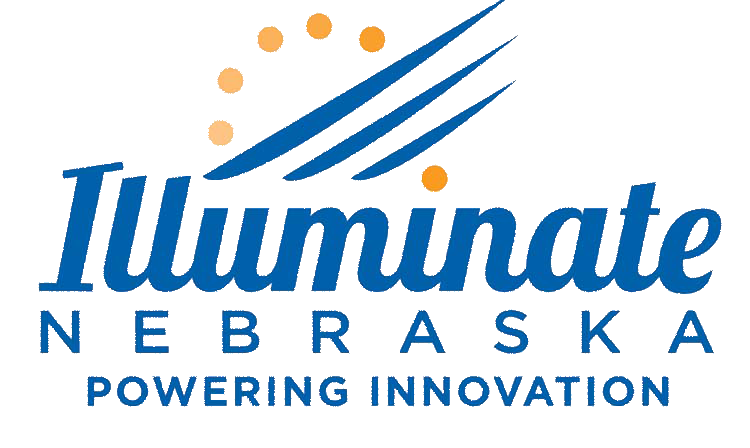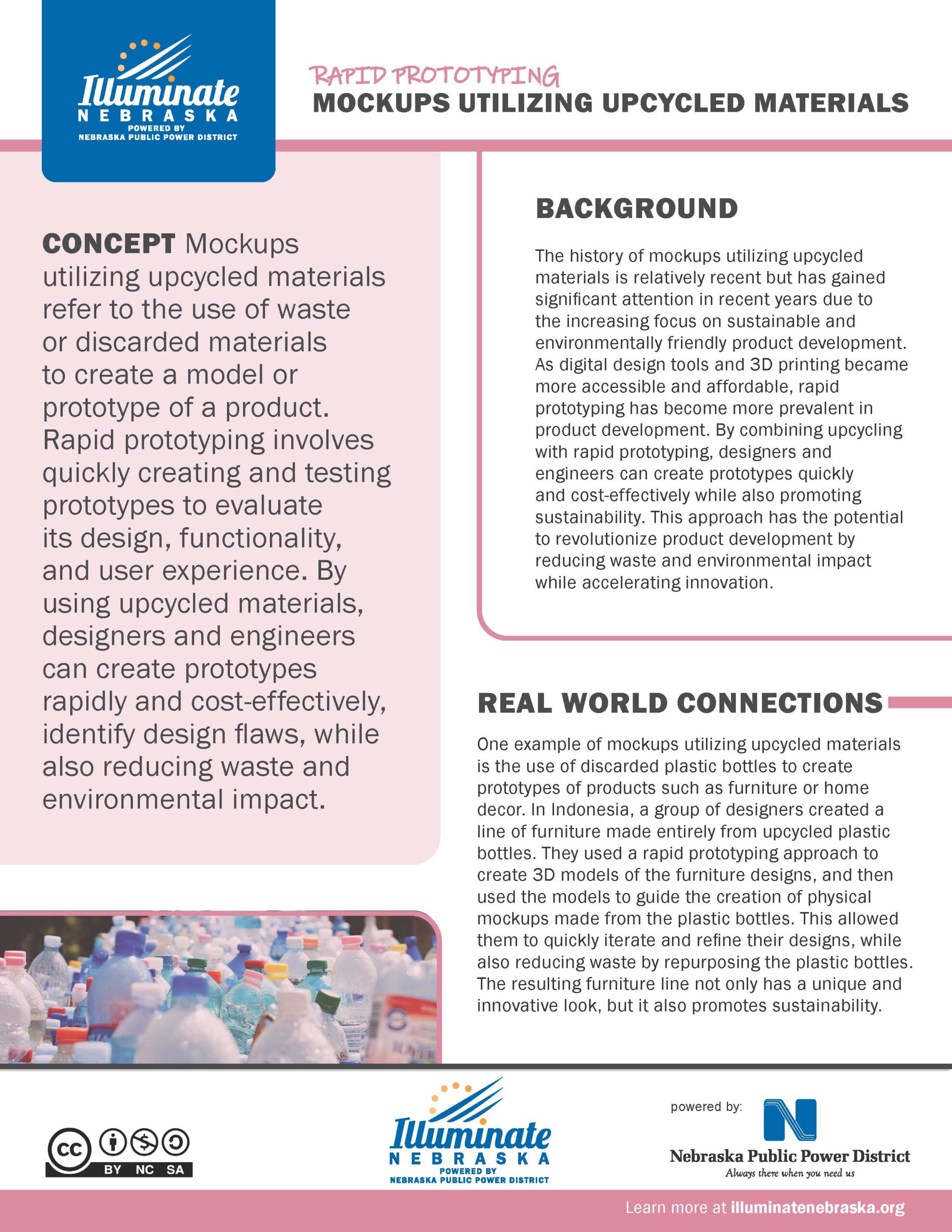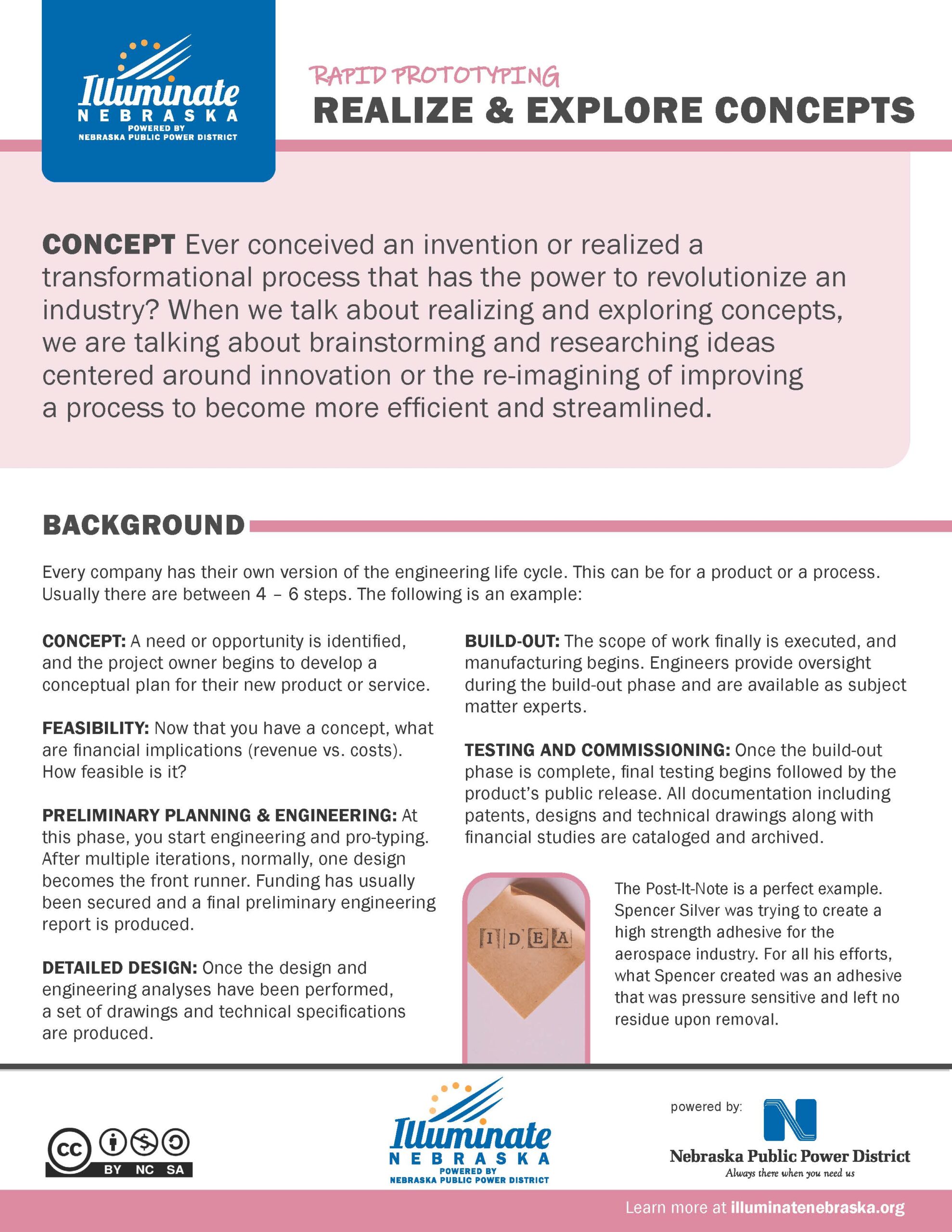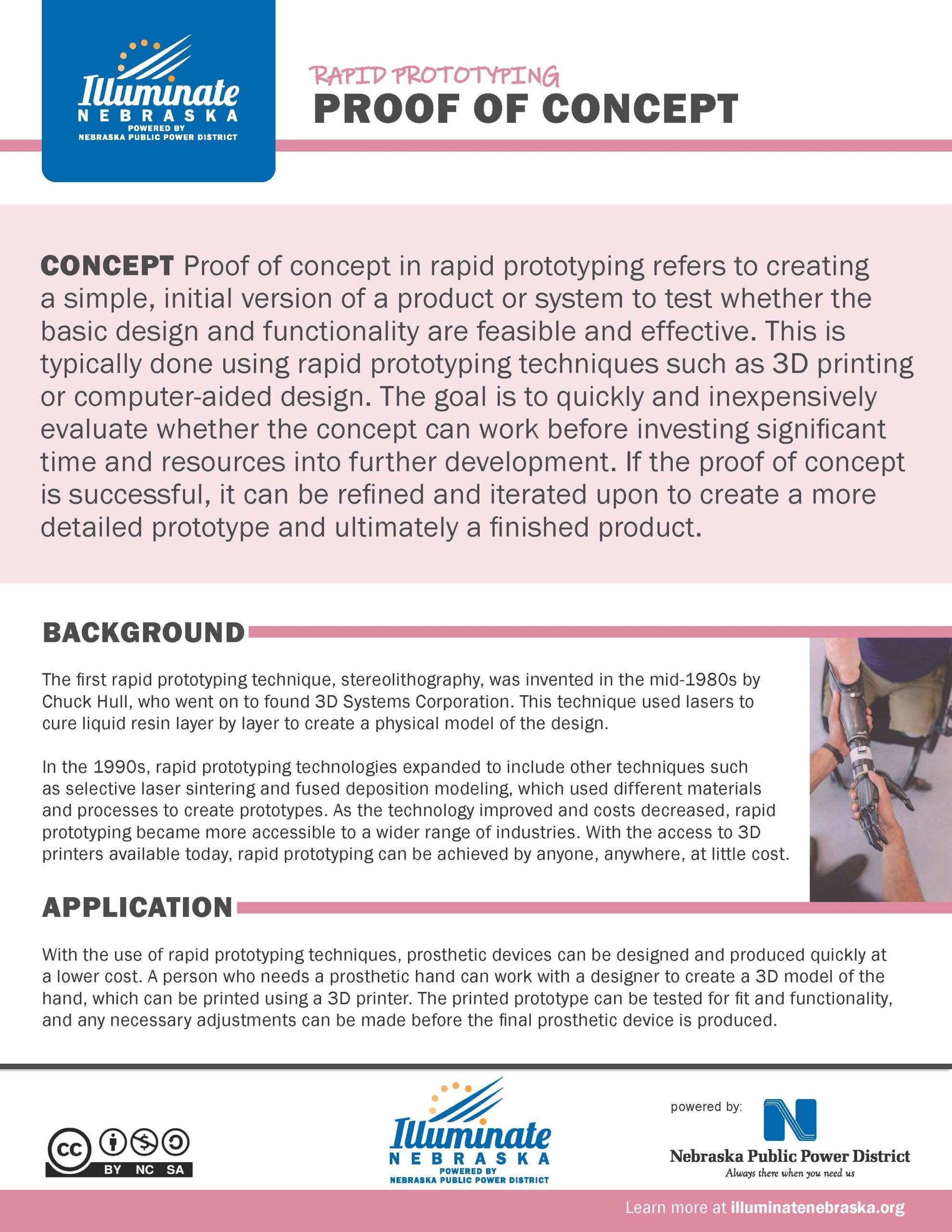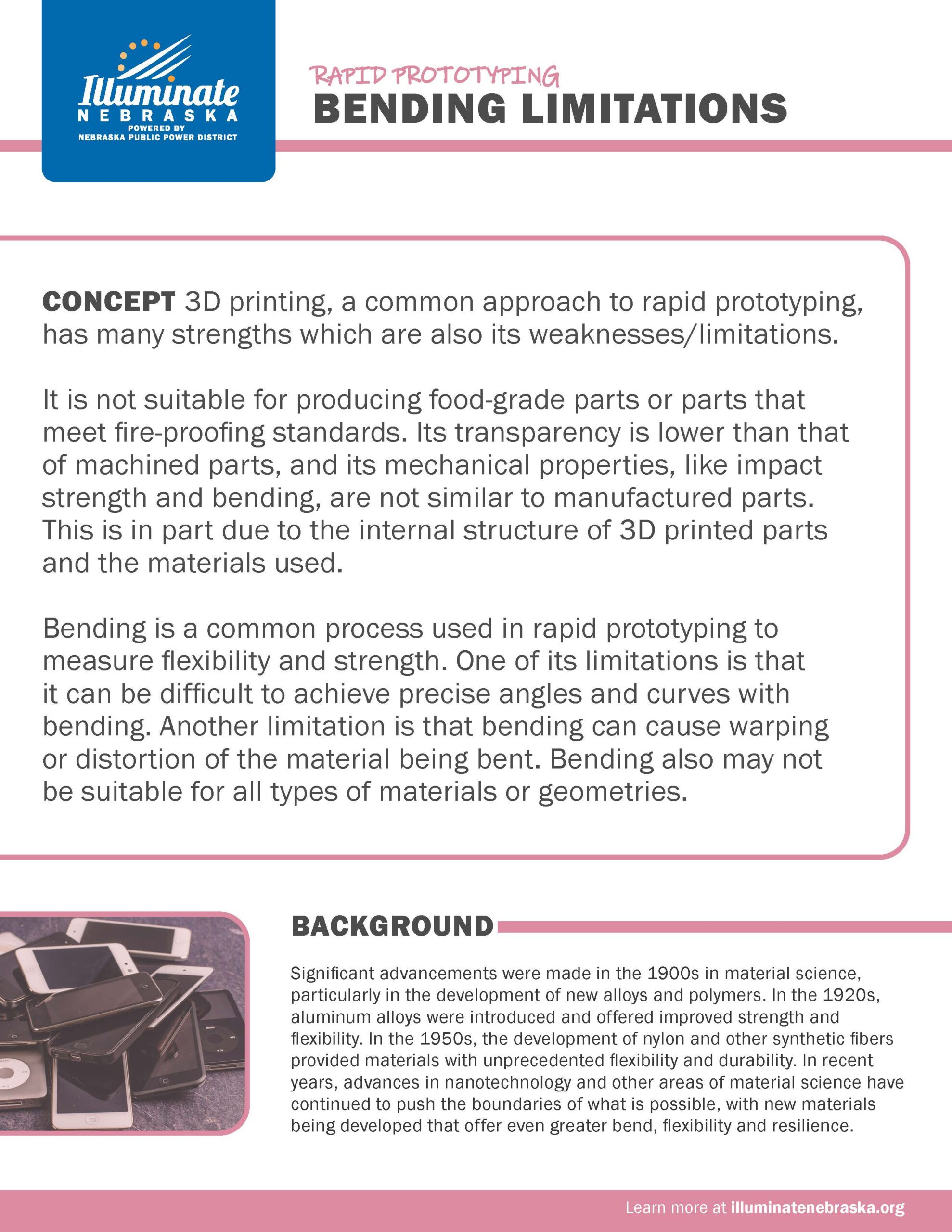Mock-ups with Up-cycled Materials
Mockups utilizing upcycled materials refer to the use of waste or discarded materials to create a model or prototype of a product. Rapid prototyping involves quickly creating and testing prototypes to evaluate its design, functionality, and user experience.
Realize & Explore Concepts
Ever conceived an invention or realized a transformational process that has the power to revolutionize an industry? When we talk about realizing and exploring concepts, we are talking about brainstorming and researching ideas centered around innovation or the re-imagining of improving a process to become more efficient and streamlined.
Proof of Concept
Proof of concept in rapid prototyping refers to creating a simple, initial version of a product or system to test whether the basic design and functionality are feasible and effective. This is typically done using rapid prototyping techniques such as 3D printing or computer-aided design. The goal is to quickly and inexpensively evaluate whether the concept can work before investing significant time and resources into further development.
Functional Prototype
Coming Soon!
Bending Limitations
3D printing, a common approach to rapid prototyping, has many strengths which are also its weaknesses/limitations. It is not suitable for producing food-grade parts or parts that meet fire-proofing standards. Its transparency is lower than that of machined parts, and its mechanical properties, like impact strength and bending, are not similar to manufactured parts.
